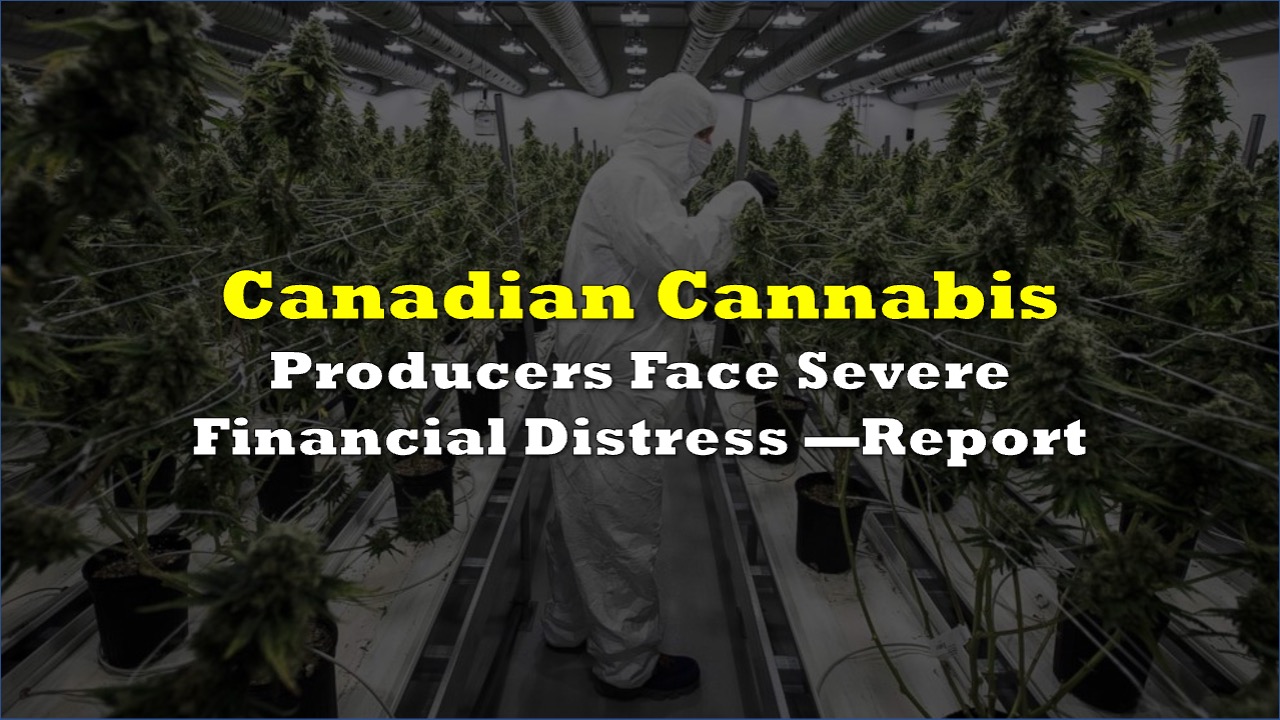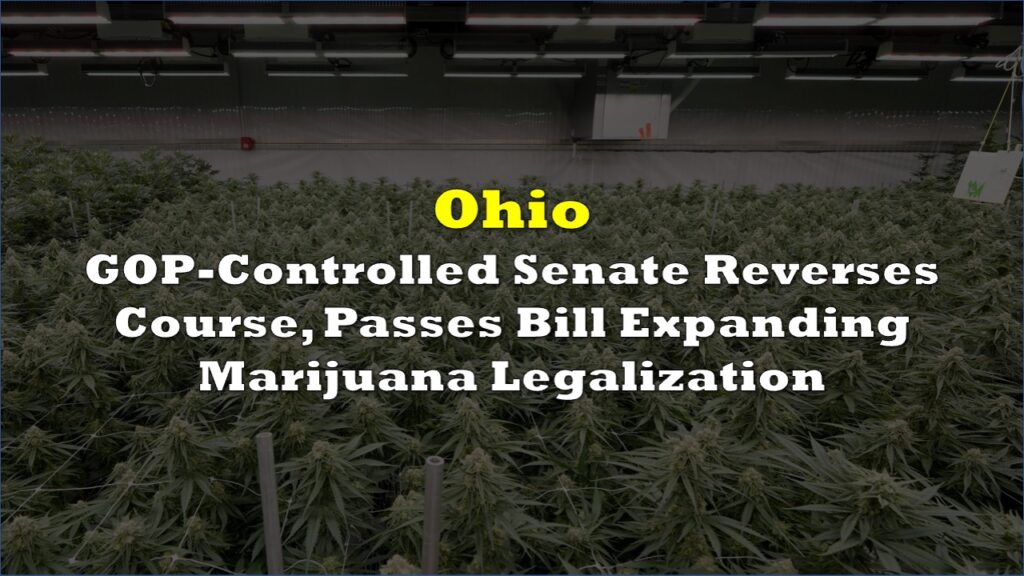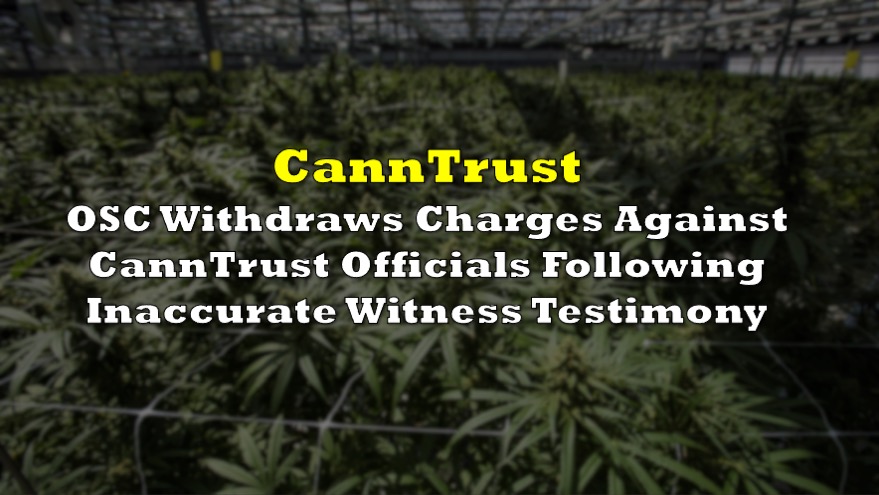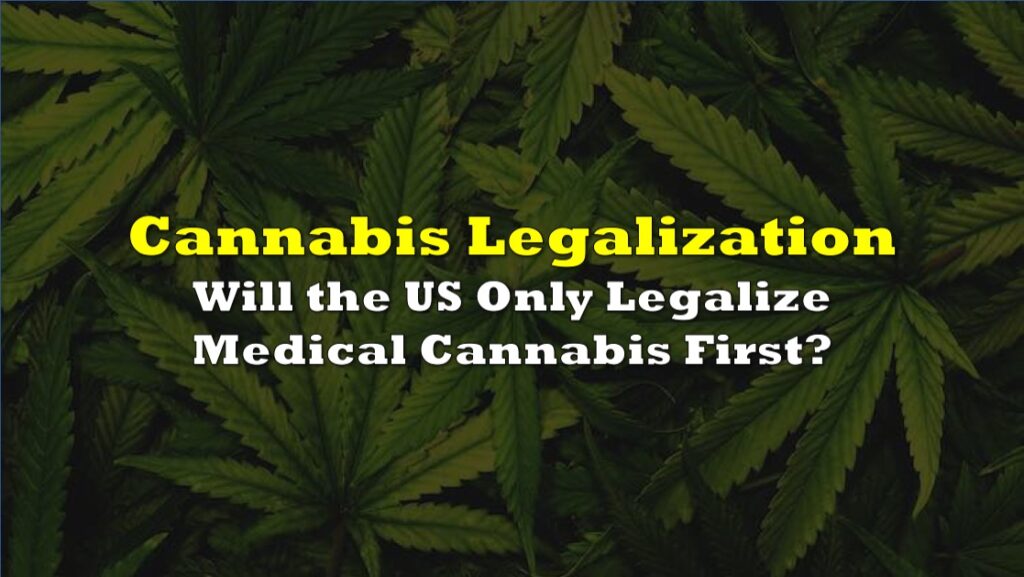Canada’s legal cannabis industry is in a state of severe financial distress, nearly five years after the country legalized adult-use marijuana. This dire situation was outlined in briefing materials prepared for Canadian Finance Minister Chrystia Freeland last fall, which was obtained through an access-to-information request shared with the publication MJBizDaily.
According to the briefing note, which had the title “Update on financial distress in cannabis production industry,” not a single licensed producer of legal cannabis products is consistently profitable. The sector is plagued by a myriad of issues, including unfair profits gouged by some provincially-owned cannabis wholesalers, a snowballing of unpaid federal excise taxes, disproportionately high rates of insolvencies and bankruptcies, and crashing marijuana prices exacerbated by “inventory liquidations” from failing companies.
The federal excise tax on dried cannabis, which commands the majority of market share, is set at $1 Canadian per gram or 10% of the wholesale price, whichever is higher. However, the report acknowledges that “in practice, the 10% rate rarely applies,” suggesting the excise tax burden is predominantly the $1 per gram rate.
Collectively, Canada’s licensed cannabis producers owed a staggering $279.2 million in unpaid federal excise taxes as of June 2023. This included 16 companies that each owed over $10 million, with their combined debt totaling nearly $100 million. In the wake of this tax delinquency crisis, Canada’s tax agency has begun garnishing cash from some licensed producers to recoup unpaid duties.
The briefing materials reveal that an astonishing 36% of all creditor protection filings in 2022 involved cannabis companies, with a further 12 companies filing for bankruptcy protection so far in 2023. Simultaneously, struggling businesses liquidating inventory at discounted rates are further depressing marijuana prices across the legal market.
While the cannabis industry drowns in red ink, the report notes some provincial government-run cannabis wholesalers and retailers are profiting immensely from their monopsony market power and pricing controls. It states their profits “matched or exceeded” revenues from the federal excise tax, “equivalent to a near or actual doubling of the $1 per gram excise duty.”
Cannabis stakeholders anxiously await potential reforms as the federal government prepares its 2024 budget. One of these potential reforms is adjusting the excise duty formula to a 10% ad valorem rate, which could provide substantial tax relief. Without interventions, Canada’s legal cannabis market remains on an unsustainable trajectory.
Information for this story was found via the sources and companies mentioned. The author has no securities or affiliations related to the organizations discussed. Not a recommendation to buy or sell. Always do additional research and consult a professional before purchasing a security. The author holds no licenses.









